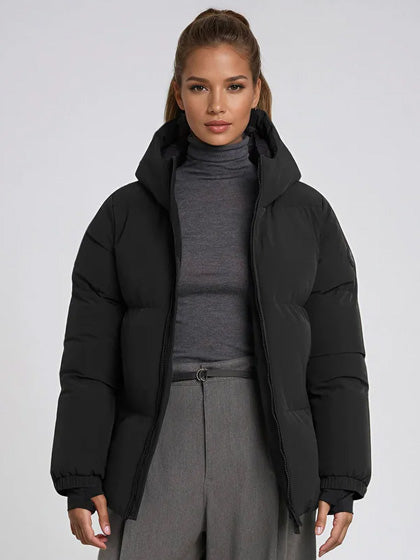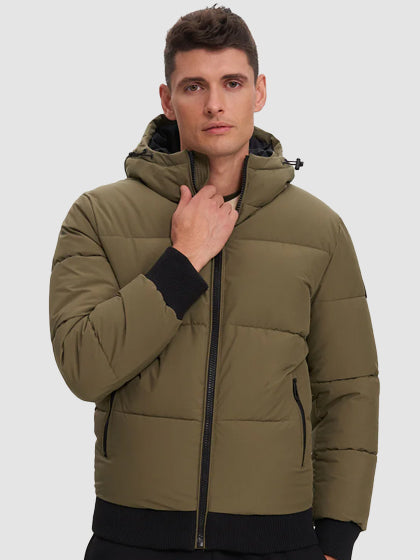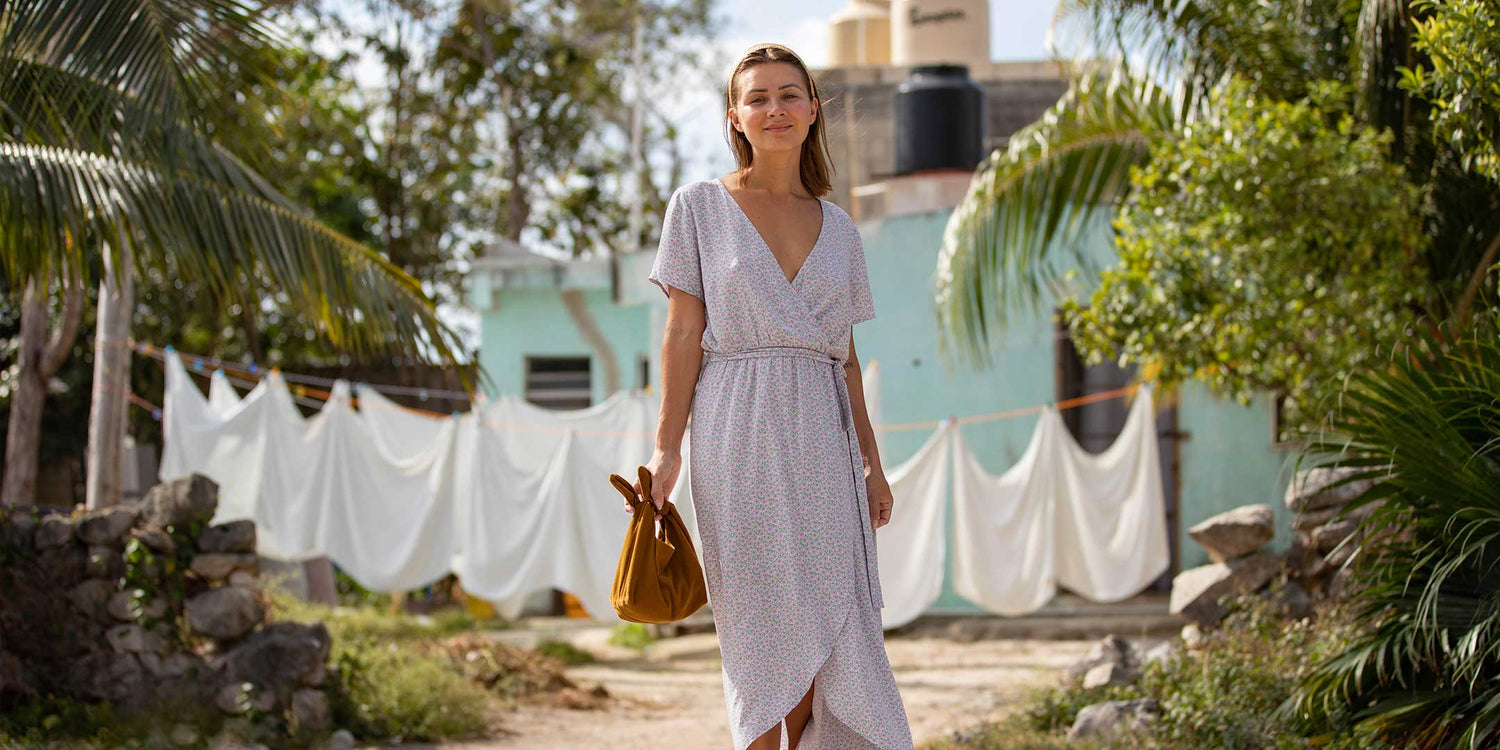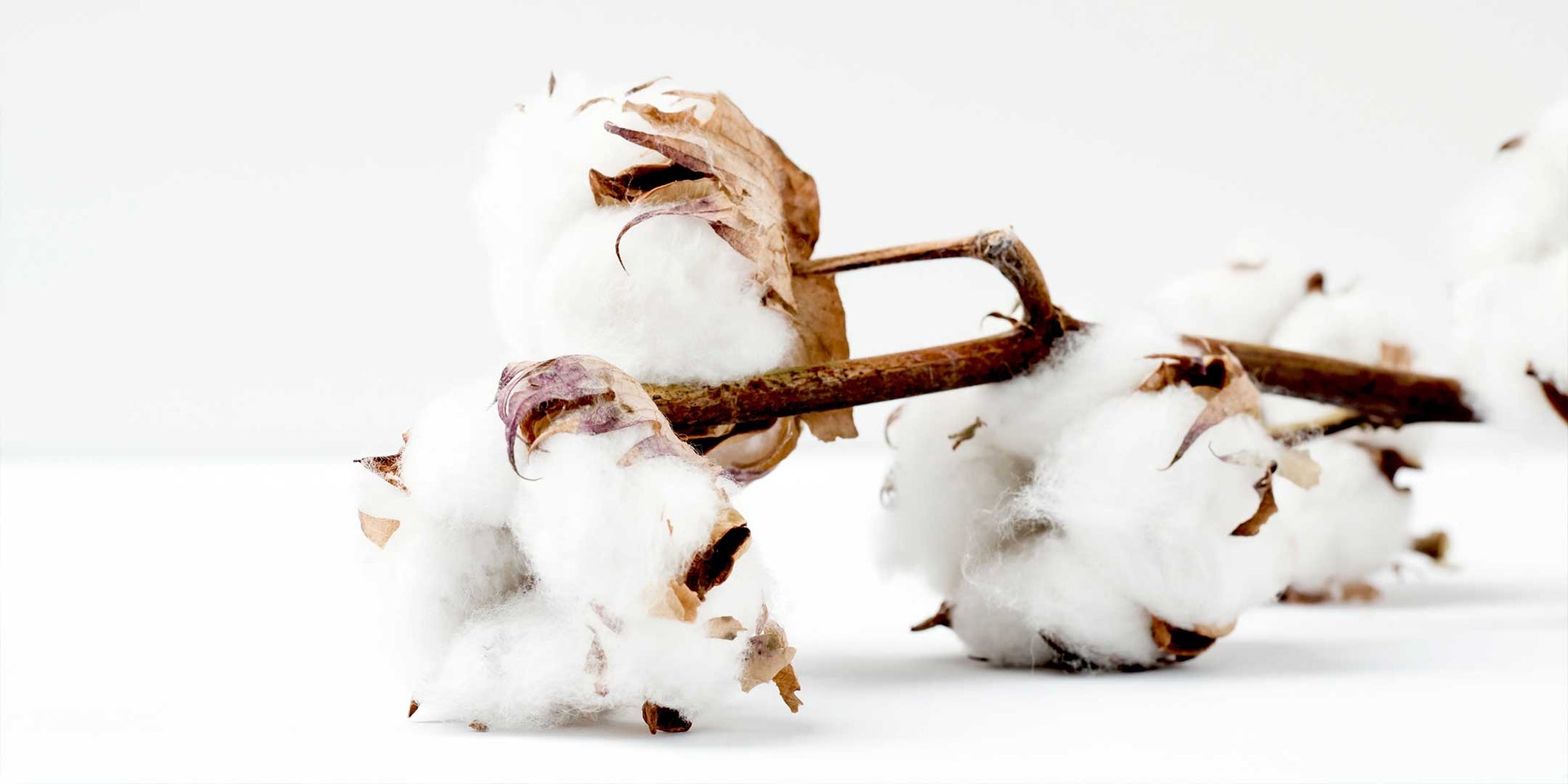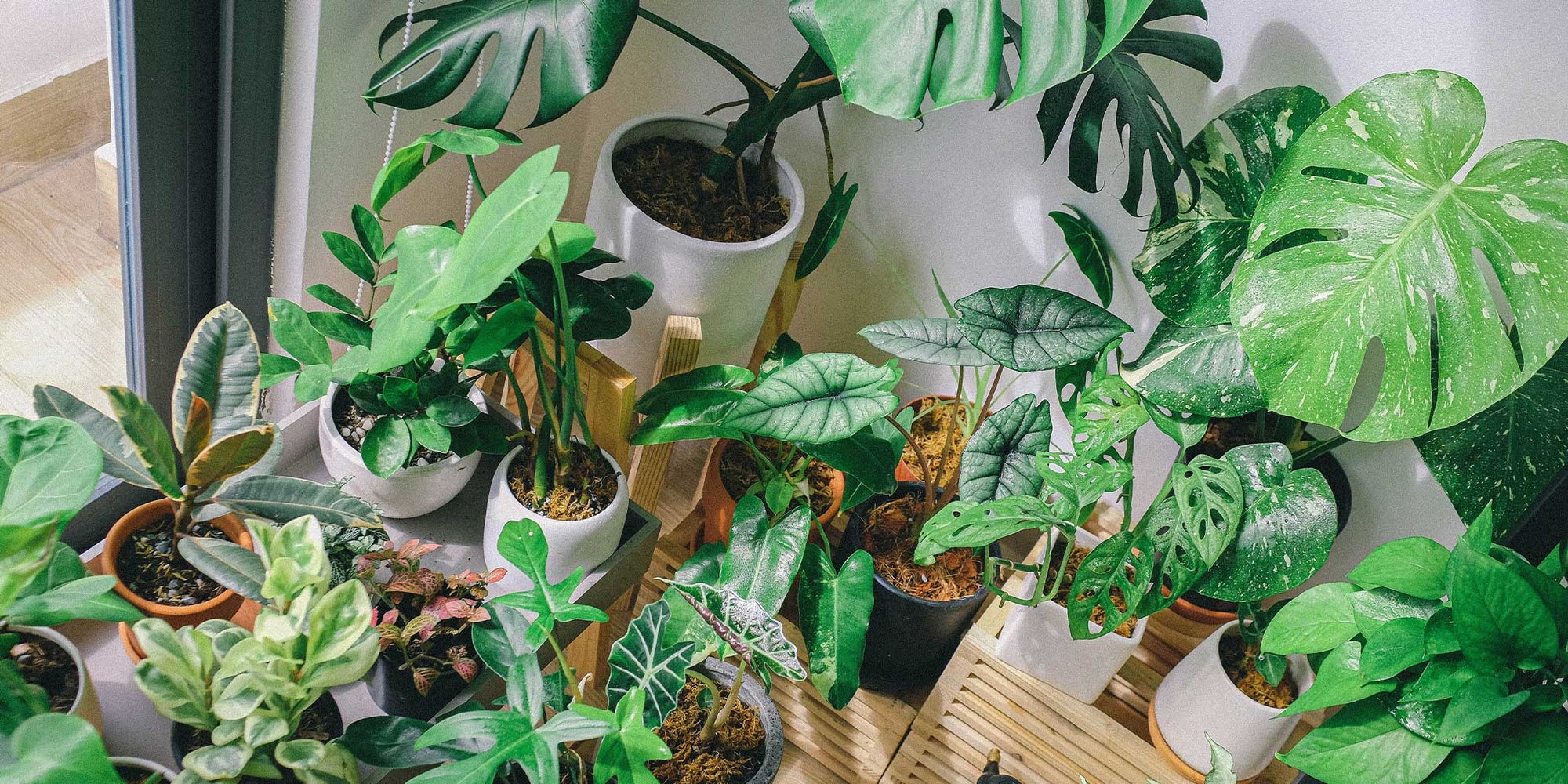Starting an eco-friendly laundry routine is a great way to help the environment. Laundry consumes a ton of electricity, especially when you use hot water and the dryer. Not to mention, the chemicals in detergents can have devastating effects on people’s health and the Earth. The chemicals can actually make their way into groundwater used for drinking and growing our food.
According to the 2016 Residential End Uses of Water Study, water used by clothes washers makes up about 16% of an individual's total water use. In older machines, one load of laundry can use up to 45 gallons of water. With high-efficiency machines, they use between 15 and 30 gallons per load.
We can’t forget dryers. Dryers are the biggest energy-sucker compared to clothes washers, dishwashers, and refrigerators.
Ready to start an eco-friendly laundry routine? Here are six ways to get your laundry-doing greener.
1. Wash Your Clothes Less Often
The easiest and simplest way to be more eco-friendly with laundry is to wash your clothes less. Washing them less will help the last longer too. This is because the fiber in your clothes wears down with every wash. By skipping washes, you can extend the life of your clothes.
Obviously, you should wash underwear, socks, sports bras, and athletic wear after each use (because that’ll just cause other issues), but jeans, jackets, sweaters, etc. can be worn several times without having to wash them.
2. Use Eco-Friendly Laundry Detergent
 (image credit: Clothes Doctor)
(image credit: Clothes Doctor)
When looking for an eco-friendly laundry detergent, check for phosphate, chlorine bleach, and brighteners. Most biodegradable laundry detergents or soaps won’t have it in there.
It’s also helpful to look for products that are plant- and vegetable-based because not only are they better for the environment, but they’re also gentler on the skin.
Here’s a list by Going Zero Waste of toxic ingredients to look out for in your laundry detergent:
- Phosphates
- Formaldehyde
- Dyes
- Chlorine bleach
- Sodium lauryl sulfate and sodium laureth sulfate
- Optical brighteners/UV brighteners
- Fragrance
- Ammonium Sulfate
- Dioxane
- Nonylphenol Ethoxylate
- Dichlorobenzene
- Benzyl Acetate
- Ammonium Quaternary Sanitizers
These toxins can cause anything from allergic reactions to skin irritations to causing mineral poisoning when they reach groundwater.
If you want to ditch laundry detergent altogether, you can try soap nuts. These berries contain saponin, a cleaning agent. The cool thing about soap nuts is that the trees they grow on actually help stop erosion and combat the greenhouse gas effect.
3. Wash With Cold Water
Hot water is a big electricity-sucker. In fact, washing machines use around 90% of their energy just to heat the water. And if you’re using hot water when you should use cold, you may fade or shrink your clothes. Which is also wasteful if you need to buy something new more often because you’re damaging your clothes.
By switching to cool water washing, you offset 1,600 pounds of carbon dioxide a year. Besides saving electricity, you can also prolong the life of your clothing by using cold water. You’re saving money, your clothes, and the environment by using cold water instead.
4. Dry Clothes With Racks (Outdoors if you want)

Want to cut down on your electric bills? Start drying your clothes on racks instead of the dryer. It’s the biggest energy-sucker there is.
If you have room outside, hang your clothes on a clothesline and let them dry in the sun. If that isn’t an option, get a drying rack and hang your clothes on that instead. Put them in a well-ventilated space so they aren’t still soggy two days later.
5. Stop Dry Cleaning
Typical dry cleaning is not very eco-friendly. Most dry cleaners use perchloroethylene (a.k.a. “perc”), which can cause a whole host of health issues: cancer, skin irritations, and reduced fertility. Who wants to put themselves at risk for that?
The easiest way to stop dry cleaning is to…stop buying clothes that require it. Read clothing labels to make sure they don’t need to be dry cleaned. Handwash delicate garments like cashmere and lambswool.
If you insist on getting clothes that require dry cleaning, look for businesses that use liquid carbon dioxide instead of perc. Also, research “wet cleaning.” This is a service that uses water and specialized detergents that are milder than home laundry products.
6. Use Wool Dryer Balls Instead of Dryer Sheets
 (image credit: https://blog.publicgoods.com/)
(image credit: https://blog.publicgoods.com/)
Yes, we love the smell of dryer sheets, and the cute bears that advertise them make us feel warm and fuzzy, but it’s actually introducing you to toxins. In fact, The Environmental Working Group failed Bounce and Snuggle’s dryer sheets.
They have toxins like Benzyl alcohol, Benzyl acetate, Chloroform, Limonene, and Ethanol. These ingredients are neurotoxins and carcinogens, and can lead to serious health disorders. Those bears don’t seem so cute now.
Wool dryer balls, on the other hand, don’t have those harmful chemicals. Plus, they speed up the drying time. Using wool dryer balls loosens the fibers and helps soften your clothes. If you like to use dryer sheets for the scent, put a few drops of essential oil on each dryer ball every few cycles to get that smell.
Faster drying time, softer clothes, and a choose-your-own-scent without the harmful chemicals sound a lot better.
Making a more eco-friendly laundry routine doesn’t have to be a challenge. Wash your clothes less often and in cold water. It’ll help your clothes last longer and you’ll save water and energy. Use eco-friendly laundry detergent and check ingredients for harmful chemicals. It’ll save your skin and groundwater.
Dry your clothes on a rack or clothesline. Extend your clothing’s life and save on energy costs and use. When you do dry your clothes, use wool dryer balls instead of dryer sheets.
Starting with one or two of these tips will make a huge difference for your wallet, the environment, and your health.

